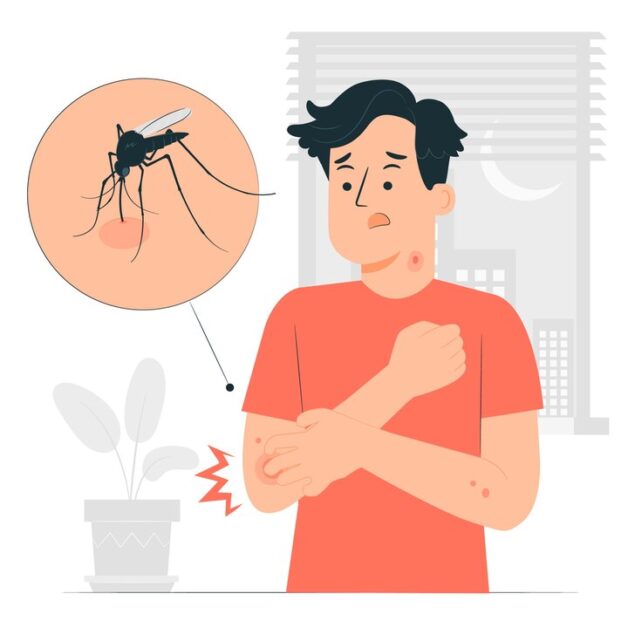This content is for informational and educational purposes only. Always consult a qualified healthcare provider.
Last Updated on April 25, 2025 by Grace Oluchi
📋 Table of Contents
Overview
Malaria is a potentially life-threatening mosquito-borne infectious disease caused by parasites of the Plasmodium genus. The parasite is spread to humans through the bites of infected mosquitoes. And symptoms usually include,a high fever and shaking chills.
While the disease doesn’t affect those in temperate climates, malaria is still common in tropical and subtropical countries. And each year, nearly 290 million people are infected with malaria, and more than 400,000 people die of the disease.
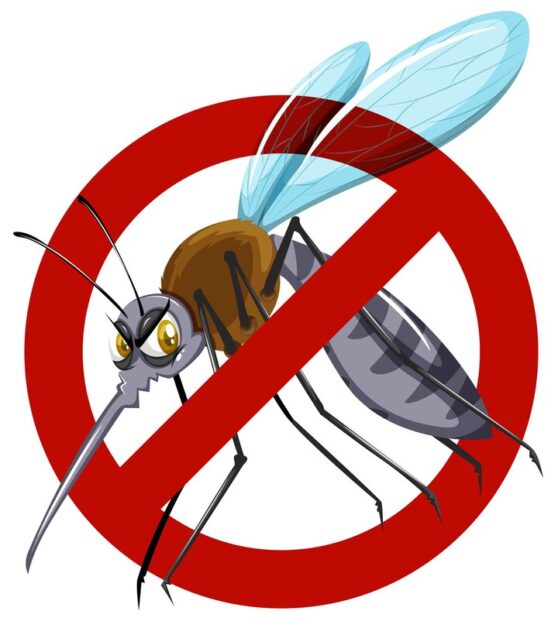

World health programs distribute preventive drugs and insecticide-treated bed nets to protect people from mosquito bites and reduce the infections. The World Health (WHO) advises that children who live in countries with high numbers malaria cases should be vaccinated.
Safety measures such as carrying protective clothing, bed nets and insecticides while you travel can protect you. You also can take preventive medicine before, during and after a trip to a high-risk area.
Many malaria parasites have developed resistance to common drugs used to treat the disease.
Symptoms of malaria
Here is a list of common symptoms associated with malaria:
- Fever
- Chills
- Diarrhea
- Sweating
- Nausea
- Vomiting
- Fatigue
- Cough
- Joint pain
- Muscle aches
- Abdominal pain
- Rapid heart rate
- Rapid breathing
Some early signs of malaria in people usually starts with shivering and chills, followed by a high fever, followed by sweating and a return to normal temperature. The symptoms usually begin within a few weeks after being bitten by an infected mosquito. However, some type of malaria parasites can inactive in the body for up to a year.
Symptoms of malaria in children
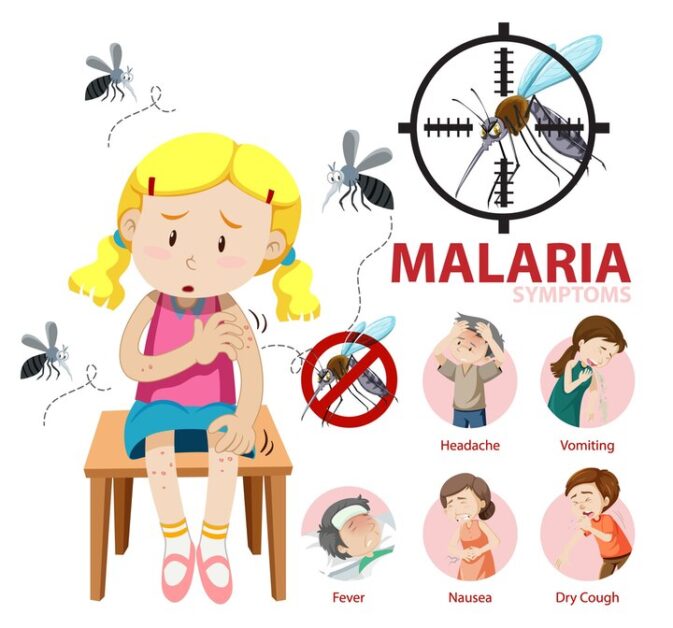

In children, the symptoms of malaria can be similar to those in adults, but they may manifest differently due to differences in immune response and the child’s ability to communicate their symptoms.
- Vomiting
- Poor appetite
- Stomach ache
- Cold and cough
- Weakness
- Irritability and drowsiness
- Sleeplessness
Tips to help your child recover faster from malaria
- Ensure that your child gets plenty of rest
- Feed them healthy foods
- Encourage your child to rest and limit physical activity while they are recovering from the disease to conserve their energy and aid in recovery.
- Administer antimalarial medications exactly as prescribed by a healthcare provider. And make sure to complete the full course of treatment, even if your child starts to feel better.
What causes malaria?
Malaria infection is caused by a single-celled parasites of the genus plasmodium. These parasites are transmitted to humans through the bites of infected female Anopheles mosquitoes. When an infected mosquito bites a person, it injects the malaria parasites into their bloodstream.
What is the malaria transmission cycle like?
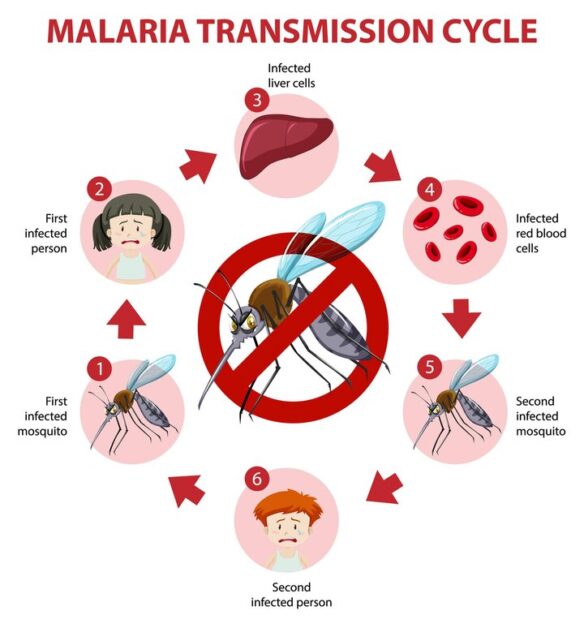

The disease spreads when a mosquito becomes infected with the disease after biting an infected person, and the infected mosquito then bites a noninfected person. The malaria parasites enter the victim’s body, travels to the liver. Then when the parasites mature, they’ll leave the liver and infect the red blood cells.
The transmission cycle of malaria involves several stages:
1 . Uninflected mosquito: A mosquito becomes infected by feeding on a person who has the disease.
2 . Transmission to the person: If the infected mosquito bites you in the future, it can transmit malaria parasites to you.
3 . In the liver: The moment parasites enter your body, they travel to your liver, where some types of parasite can stay inactive for as long as a year.
4 . Into the bloodstream: when the parasites are fully grown, they leave the liver and infect your red blood cells. It is at this point that a person begins to develop symptoms.
5 . The next victim: When an infected person is bitten by another mosquito, the cycle continues as the mosquito ingests the parasites along with the blood meal, and spread them to the other people.
Other ways the parasite is transmitted include:
- Mother to baby
- Sharing needles used to inject drugs
- Through blood transfusions
Risk factors
People who live in or visit areas where the disease is common are at a greater risk. These include the tropical and subtropical regions of:
- Pacific islands
- Sub-Saharan Africa
- Southeast and Southeast Asia
- Central America and northern South America
The risks can be lower, it just depends on local malaria control, seasonal changes in rates and the precautions you take to prevent yourself from being bitten.
Immunity can decline
Did you know that people who live in malaria regions, may be exposed to the disease enough to acquire a partial immunity, which can reduce the intensity of malaria symptoms?
However, this partial immunity can start to diminish if you move to a place where you’re no longer frequently exposed to the parasite.
How to prevent malaria
1 . Cover your skin: Wear pants and long-sleeved shirts. Tuck in your shirt, and tuck pant legs into your socks, especially during peak biting times (dusk to dawn).
2 . Use mosquito repellents: Use an insect repellent registered with the Environmental Protection Agency on any exposed skin. Do not use it directly on your face.
3 . Apply repellent to your clothes: You can use sprays containing permethrin, because they are safe to apply to clothing.
4 . Vector control: Implement indoor residual spraying (IRS) with insecticides to kill mosquitoes that are resting indoors. And to get the best out of this, spray corners of the house or room, especially behind curtains, doors and windows.
5 . Sleep under a net: For extra safety, use insecticide-treated mosquito nets (ITNs) to protect yourself against nighttime mosquito bites.
When you’re traveling


If you’ll be traveling to a location where the disease is common, talk to your doctor early, at least a few months before your trip, and ask whether you should take drugs before, during and after your trip to help protect you from the parasites.
In general, the medication used to treat the prevent the disease is the same ones used to treat the disease. What drug you take depends on where and how long you are traveling and your own health.
What makes malaria a deadly disease?
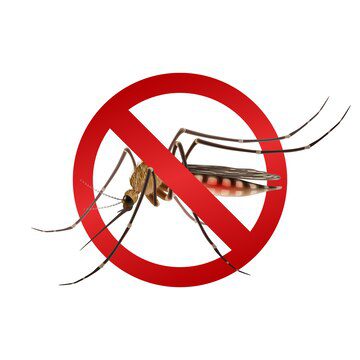

The presence of the disease can lead to severe or more serious health complications, including:
Cerebral malaria
This is a severe form of malaria that affects the brain. If parasite-filled blood cells block small blood vessels to your brain, It can lead to coma, seizures, and neurological damage if not treated promptly.
Severe anemia
Malaria can cause the destruction of red blood cells, leading to anemia, which can be particularly dangerous in children and pregnant women.
Hypoglycemia
Severe forms of malaria can cause low blood sugar, so can quinine (a common medication used to combat malaria). When a person’s blood sugar is very low, it can result in coma or death.
Organ failure
Severe malaria can affect multiple organs, including the kidneys, liver, and lungs, leading to organ failure.
Difficulty breathing
Severe malaria can cause fluid buildup in the lungs, leading to difficulty breathing and respiratory distress.
Youll also love these articles:
What is Norovirus and How Does it Spread?
HIV and AIDS: Subtle symptoms in 2024
Tuberculosis: Causes, Risk Factors, Symptoms, Prevention and Treatment In 2024
Syphilis: The Curable but Dangerous Infection.
Frequently asked questions
Can malaria reoccur?
Yes it’s possible for a person to develop symptoms again. This is because some varieties of the malaria parasite, which typically cause milder forms of the disease, can persist for years and cause relapses.
Is malaria deadly?
It can be fatal, particularly when it is caused by the plasmodium species common in Africa. The World Health Organization estimates that about 94% of all the disease deaths occur in Africa — most commonly in children under the age of 5.
Why do I still feel feverish after treating malaria?
One can feel feverish after the treatment of malaria especially because the body is weak. Or in some cases, you probably didn’t complete your medication. If proper care is not taken, then one may feel fatigued or can also have a relapse of the infection. That’s why you should seek long-term treatment and do not rely on short cuts.
Can malaria cause weight loss?
Yes, it can cause weight loss, particularly in cases of prolonged or severe infection.

